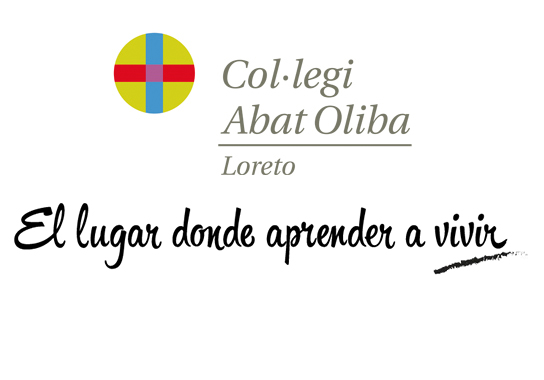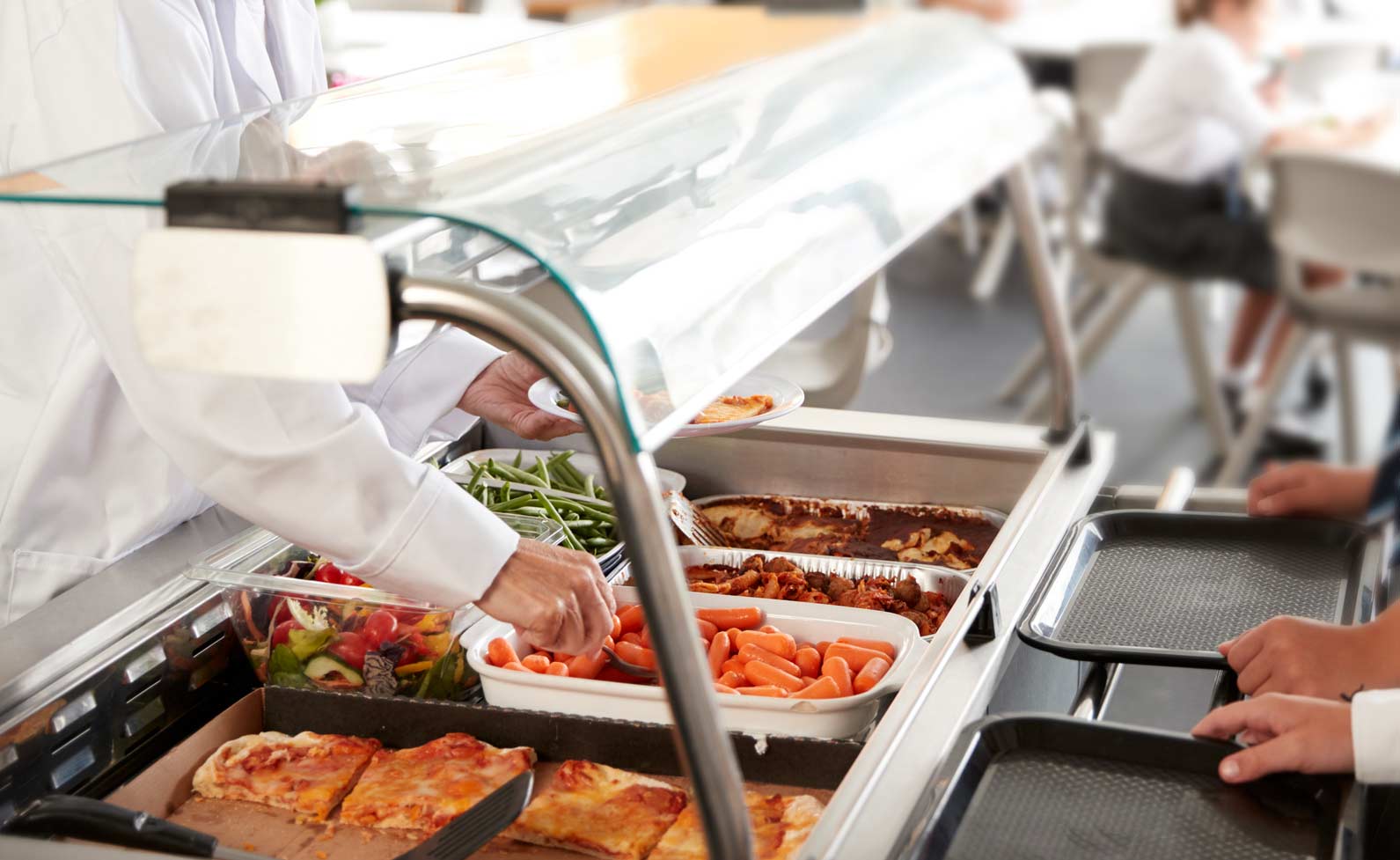There is no doubt that bilingualism is becoming more common among today’s children. Being bilingual has many benefits. One of them is that it can contribute to cognitive and social-emotional development. But what about trilingualism? Is it as beneficial as bilingualism?
Sure, it is difficult to gain fluency in three languages, but the time and sacrifice in the long run is worth it. Since your children are already learning a third language at school, how can you encourage and promote the learning of this third language at home?
Avoid forcing them to do exercises, they already do the necessary at school. The key is to let learning happen naturally. Why not trying to incorporate daily activities your kids do at home where the use of language is necessary? For instance, right when it is the time to set the table. Let’s name the vocabulary needed in English: plates, glasses, forks, knifes… etc. Talk about where we put each of them. On the right? On the left?
Encourage the language at home
Also, ask them to give you a lesson based on what they have learned in the classroom. Encourage them to be like your teachers. This way, you will boost their confidence in the process! One of the best ways for a child to truly learn something is to help teach someone else. And mostly if it is their parents they have to teach 😉
Do you ever watch movies together as a family? Watch it in English. If you have never done it, there is always a first time. Maybe they will not love it at first, but it is just a matter of time. They will get used to it and, unconsciously, their vocabulary can be benefited as well as their pronunciation.
Play with your child in English. It does not matter if your English is not proficient. They can teach you, or you can both learn and then, together, create journals of the new vocabulary you have all absorbed.
And last, but not least, read together. One way into reading with very young children is to read them stories aloud from a picture book. If you show them the words and pictures as you read it, they will begin to associate sounds and meaning with written symbols. There are many readers for all ages and tastes, and it is an excellent idea to build up a library, yes, a library at home! Isn’t that cool!? We can encourage them to use it. At some point, you both – parent and child – can take notes of achievements and any problems; this can be a valuable way of measuring progress in reading. Bilingual books can also expand your child’s vocabulary and help them develop an awareness and appreciation of different cultures.
Join your kid in their foreign language journey so as to start learning (or refreshing) their and maybe yours as well, multilingual skills!
Pilar Riera (English teacher of Abat Oliba Loreto)
No te pierdas nuestros consejos AOL Tips. Cada jueves un nuevo video para que juntos podamos crecer y educar a nuestros hijos.
#apasionadosporlaeducación





